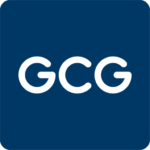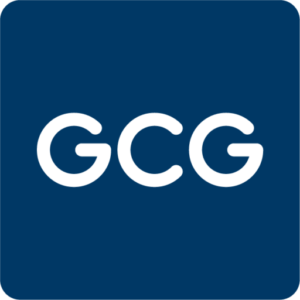
GCG Leadership Development Team
Leadership coaching is highly effective in boosting both organizational effectiveness and the efficiency of its leaders. Nevertheless, some resistance to adopting this practice is not uncommon. Below, we explore the primary objections to leadership coaching and present effective strategies to overcome these barriers.
1. Objection: “There’s No Time – Our People Are Overwhelmed”
Strategy: Focus on the adaptability and targeted nature of coaching sessions. Coaches can customize programs to accommodate the demanding schedules of professionals, offering flexible options such as integrating coaching in the flow of work, online sessions, brief intensive workshops, or inclusion into current projects. Coaching introduces methods that ultimately conserve time by streamlining decision-making processes and curbing conflict.
2. Objection: “We Already Provide Ample Training to Our Leaders”
Strategy: Clarify the distinction between coaching and conventional training by emphasizing coaching’s tailored, hands-on approach. While traditional training methods transfer knowledge (know-how), coaching focuses on show-how, i.e. application through behavioral modifications and direct engagement with real challenges, transforming theoretical knowledge into practical, observable results.
3. Objection: “Why Should We Involve Coworkers?”
Strategy: Outline the advantages of incorporating coworkers into the coaching process, such as increased openness and strengthened learning through sharing suggestions and experiences. The inclusion of coworkers significantly boosts the success rate of a leader applying new skills—up to 95% effectiveness compared to only 18% without their involvement. This collaborative approach nurtures a supportive culture and enhances overall team cohesion.
4. Objection: “Concerns About Transparency and Vulnerability “
Strategy: A leader’s behavior is not a secret. Its presence is felt all around the workplace. Facilitating open conversations about sharing suggestions on developmental goals and progress demystifies the coaching experience and synchronizes efforts toward shared goals. This coaching doesn’t sacrifice confidentiality or vulnerability but instead builds trust and collaboration within teams and strengthens the leader’s effectiveness.
5. Objection: “Can the Results Be Guaranteed?”
Strategy: Propose a detailed and quantifiable coaching approach with distinct performance indicators and regular checkpoints to assess progress. Emphasize proven success records and client testimonials. To further assure commitment to results, consider a results-based agreement, like a ‘no improvement, no payment’ model, aligning coaching objectives with definitive leadership gains.
In Summary
These strategies aid HR leaders and other decision-makers in surmounting initial reluctance towards leadership coaching. By proactively addressing these objections, organizations can enhance leader capabilities and cultivate a workplace environment that champions teamwork, innovation, and peak performance. Leadership coaching is not merely an investment in individual leaders but in the broader future and health of the entire organization.
At Global Coach Group (GCG), our network of over 4,000+ experienced coaches is dedicated to delivering tailored leadership coaching to help leaders become more self-aware, improve their communication strategies, and ultimately drive better team performance.
For leaders who want to become coaches or coaches looking to enhance their leadership coaching skills, Global Coach Group (GCG) provides a comprehensive leadership coaching certification program. GCG’s internationally acclaimed coaching tools and resources can help you improve your coaching proficiency and empower you to guide others.

GCG Leadership Development Team
Learn about the GCG's Coaching Tools
Measurable results, in LESS Time.
Reduce your session prep and follow-ups to just 15 minutes, while delivering coaching that improves leadership, team and business performances with 95% coworker satisfaction
